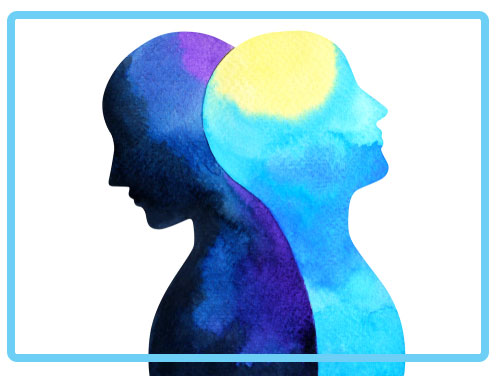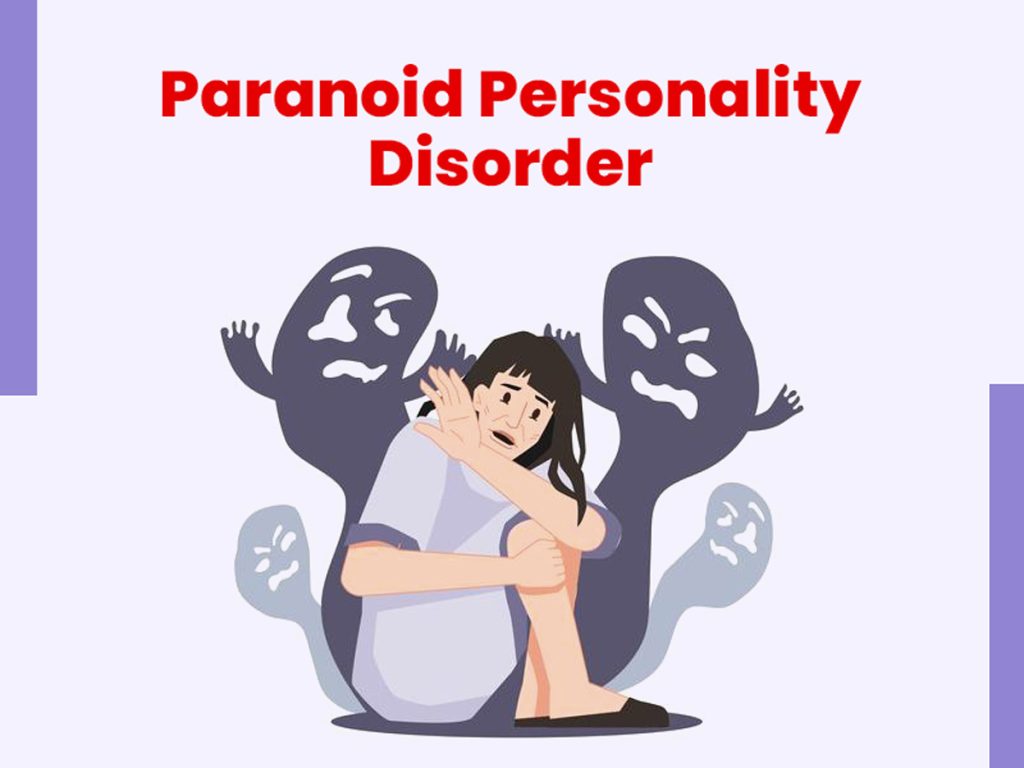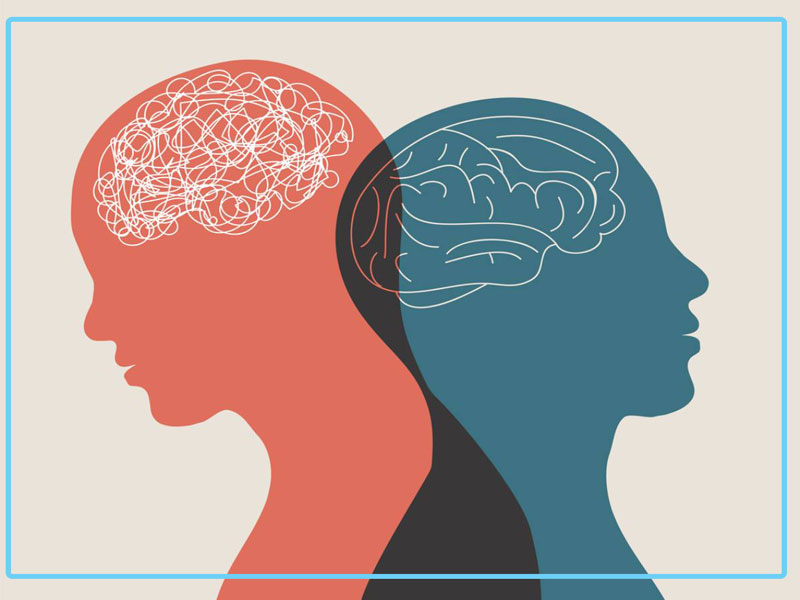You may have heard of paranoid disorder and know some of its symptoms. Does the disease occur only in the form of pessimism and skepticism? In this article, we are to provide you with more information about this disorder. Paranoia is a type of personality disorder that causes some people to become pessimistic and skeptical.
Causes of paranoid personality disorder
There is still no definite answer as to the main cause of paranoid personality disorder. But there are possible factors that may cause this disorder. This disease is probably a combination of biological and psychological factors. In fact, the disease indicates a genetic link between the two psychological disorders in one of the relatives who has schizophrenia. The patient may have experienced severe physical or emotional pain as a child. For example, the child’s parents either paid too much attention and support to him or her, or they were too angry with him / her that the child felt very insecure, and this became a paranoid disease at an older age.

Symptoms of paranoid
As mentioned earlier, paranoid illness is a personality related disorder, and the sufferer develops behaviors that can be easily diagnosed with a little care. If you see at least four of the following in a person, they are more likely to have paranoid disease:
Without any basis, he thinks that others are exploitative, harmful and deceitful.
He constantly doubts the loyalty or trustworthiness of his relatives, friends and acquaintances, so that it becomes a mental preoccupation.
He does not like to trust others, because he is afraid that if someone has information about him, one day he will use it against him in a completely biased way.
If a person speaks or comments without any bad intentions, he or she immediately considers it a threat or a degrading behavior.
He never forgives anyone for insults, disrespect, disrespect, or any disrespectful behavior that has been done to him, and he harbors resentment against him, even if he is one of his closest friends or relatives.
If he feels that someone has insulted his character or endangered his reputation, even if this feeling is completely wrong, or the other person does not intend to do so at all, he immediately becomes angry, cannot control his anger and behaves completely Reacts aggressively to the other party.
Candidates of paranoid disorder
Individuals with the following symptoms are more likely to get paranoid disorder:
- His behavior and thoughts are strange and unusual.
- Suspicious of everything
- He is suspicious and pessimistic about all people.
- He does not trust anyone.
- He constantly believes that others intend to harm him.
- He thinks that there is no good intention in the behavior and speech of others towards him and everyone intends to deceive him or so-called twist him.
- If he has been hurt in the past, he cannot forget at all.
- And most importantly, he cannot control his anger and gets angry quickly.
Read more: mental disorders
How is paranoid disorder diagnosed?
In general, there is no laboratory to test paranoid disease that can detect the disease. However, the doctor usually asks questions to diagnose paranoid disease, observe its symptoms, and make sure of the initial diagnosis that the person has the disease. Then, by observing the paranoid symptoms, the doctor first examines all the medical and psychological records of the patient. At this stage, the doctor may examine the patient thoroughly.
If no physical signs of paranoid disease are found, the doctor will ask the patient to see a psychiatrist, psychologist, or even a health care professional to first diagnose and then treat the disease. These people have received the necessary training to help the patient recover in a completely professional manner.

Paranoid treatment methods
Is paranoid treatable? This is a question that all people with the disease and their families may ask. It should be noted that the main treatment for paranoid is psychotherapy. It is performed by a therapist who is professionally trained and experienced in treating.
Drug and psychotherapy; Methods in controlling and treating paranoia
In general, medication and psychotherapy are the most effective ways to reduce the symptoms of paranoid disorders. Of course, the patient may become more suspicious of the medication and refuse to continue treatment. But if the patient develops severe anxiety or hallucinations, it can be controlled with medication. Psychotherapy is the most effective treatment for paranoid. Unfortunately, this perspective often causes us to become overwhelmed when it’s time to start a relationship. Therefore, it is important to treat them as soon as possible.
Therefore, the therapist must establish a very strong and close relationship with the patient. To be able to control and treat his disease. However, the patient is not easily satisfied with this relationship due to his severe pessimism and may even leave the treatment unfinished. But an experienced therapist establishes a good relationship between himself and his patient and builds trust in him so that he can treat his patient. However, the fact that paranoid treatment is very difficult should not be overlooked. Unfortunately, some patients with paranoia fail to treat the disease because of the difficulty of trusting others, high pessimism, delusions, doubts about others, and other personality disorders, and need treatment until death.


